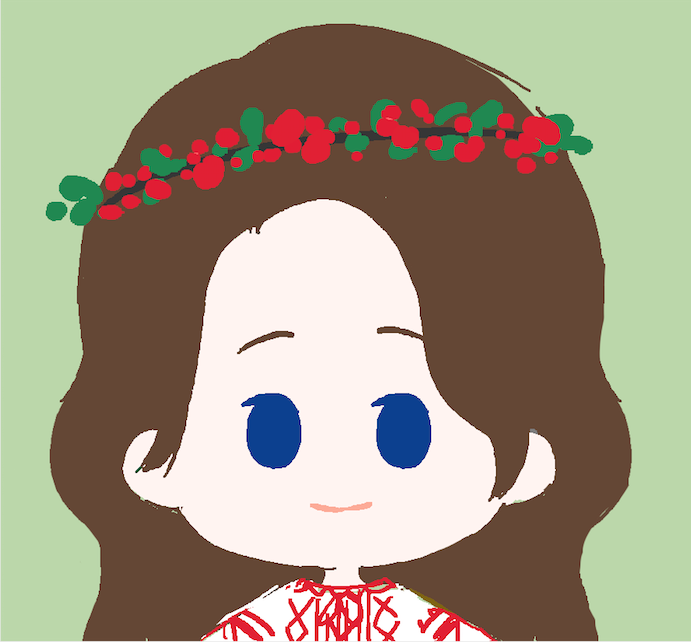1. Role of Keigo
Keigo plays a very important role in building human relationships in Japanese society. Honorific expressions are used differently depending on how close you are to the person, as well as differences in social standing such as age, status, and experience. Honorific language is polite language, and communication goes better when you use honorific language. On the other hand, when honorific language is used, you may feel a distance. Depending on your familiarity with person, you need to use them differently.
Keigo plays a very important role in building human relationships in Japanese society. Honorific expressions are used differently depending on how close you are to the person, as well as differences in social standing such as age, status, and experience. Honorific language is polite language, and communication goes better when you use honorific language. On the other hand, when honorific language is used, you may feel a distance. Depending on your familiarity with person, you need to use them differently.


